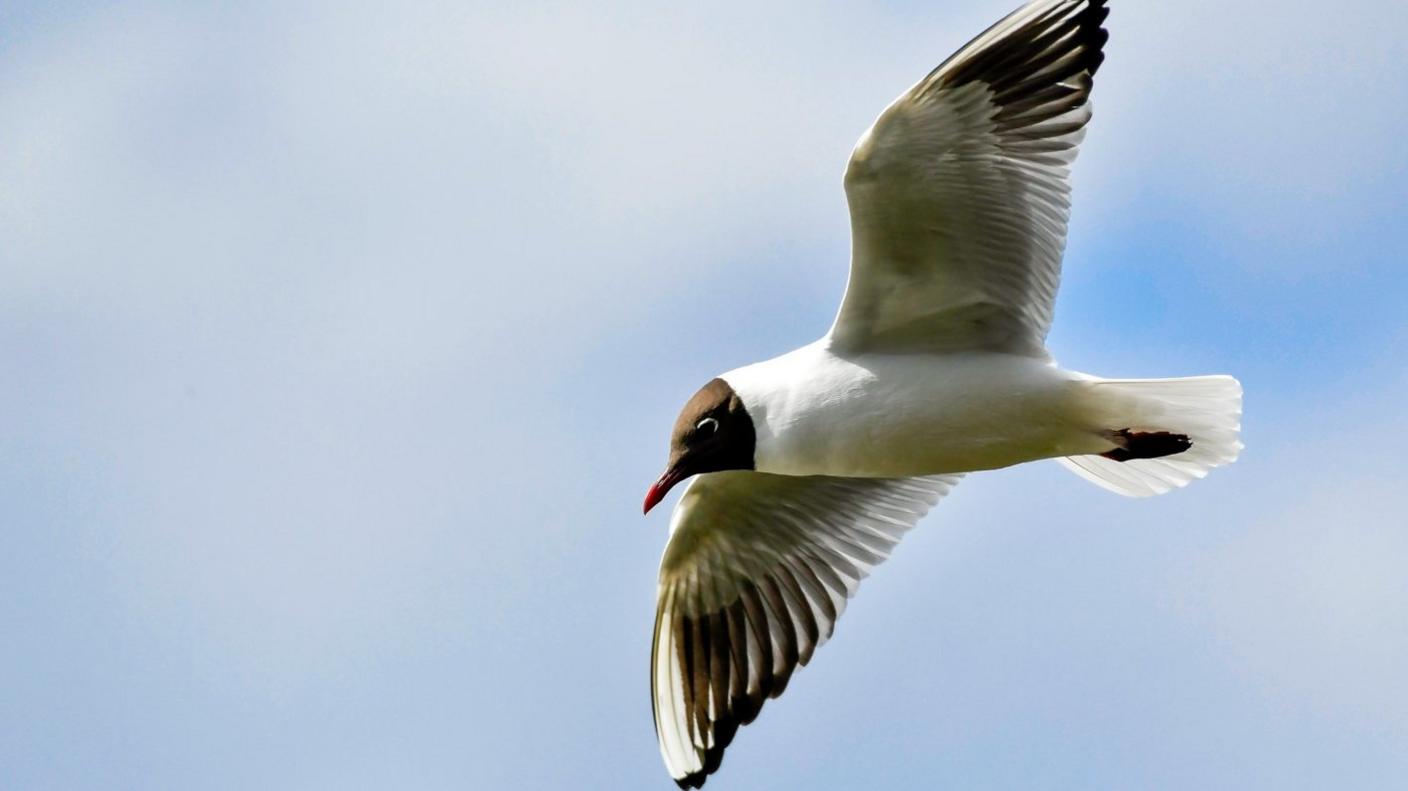Planet Earth III: NI woman helps bring natural world to our screens
- Published
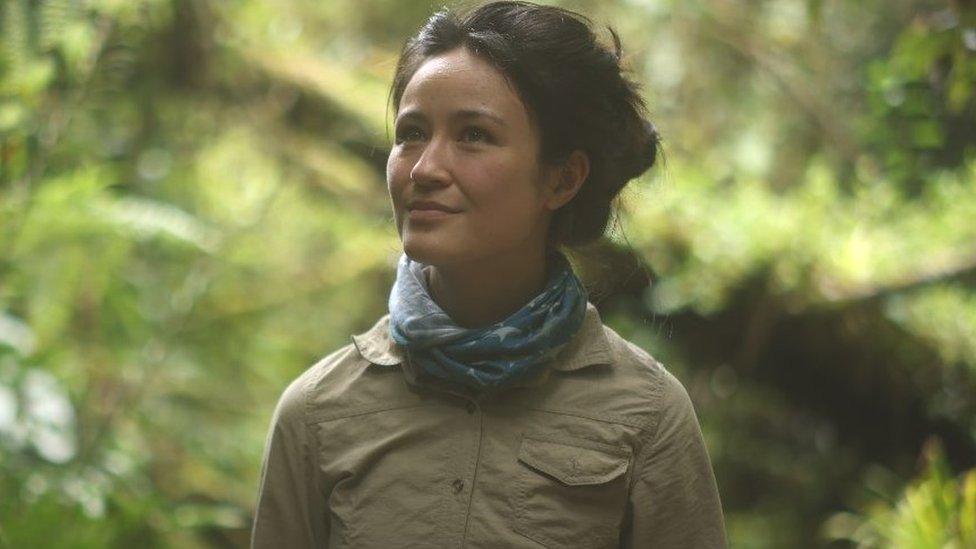
Estelle Cheuk, who is from Coleraine, County Londonderry, is part of the BBC's Natural History Unit
Showcasing the wonders of the natural world through the BBC's Planet Earth III series is "a lot of pressure, but it's good pressure", one of its assistant producers has said.
Working on the new series has been a dream come true for Estelle Cheuk, from Coleraine, County Londonderry.
As someone who grew up watching Planet Earth, seeing her name in the credits is a real "pinch yourself moment".
The eight-part series shows animals around the world fighting for survival.
The third instalment of the award-winning nature documentary series, narrated and presented by Sir David Attenborough, was filmed over five years and shot on location across 43 different countries.
Using the latest technology from lightweight drones to remotely operated deep-sea submersibles, the show considers how the natural world has reached a critical juncture.
Estelle has worked for the BBC's Natural History Unit, which is based in Bristol, since 2015.
Her work has taken her all over the world, from tracking the illegal songbird trade through Indonesia to walking among African elephants.
She has worked across various wildlife behaviour and conservation titles such as Tribes, Predators and Me; Endangered; and now the third instalment of Planet Earth III.
Sir David Attenborough: What's in Planet Earth III?
Speaking to BBC News NI, Estelle said growing up on the coast of Northern Ireland was where she first developed a love of the ocean and a real passion for wildlife.
It is only fitting that one of the episodes she helped produce on the series was entitled Coasts, which premiered on 22 October and has been watched so far by more than 5.6m people.
The episode focused on the plights of the Caribbean flamingos on Mexico's Yucatán peninsula, and the similarly endangered green turtles of Australia's Raine Island on the Great Barrier Reef.
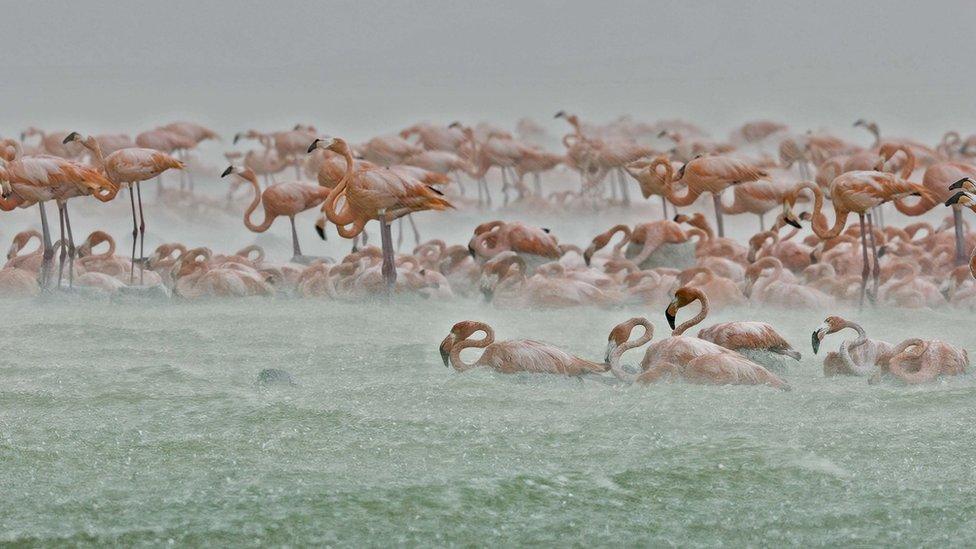
Estelle says seeing more than 20,000 flamingos in Mexico was a once in a lifetime experience
She said seeing a "wildlife spectacle" of more than 20,000 Caribbean flamingos while on location was a once-in-a-lifetime experience that she would never forget.
"Getting to spend so much time with the flamingos and see how their lives developed over those months was a bit like watching a soap opera play out, having such an unparalleled view into their lives."
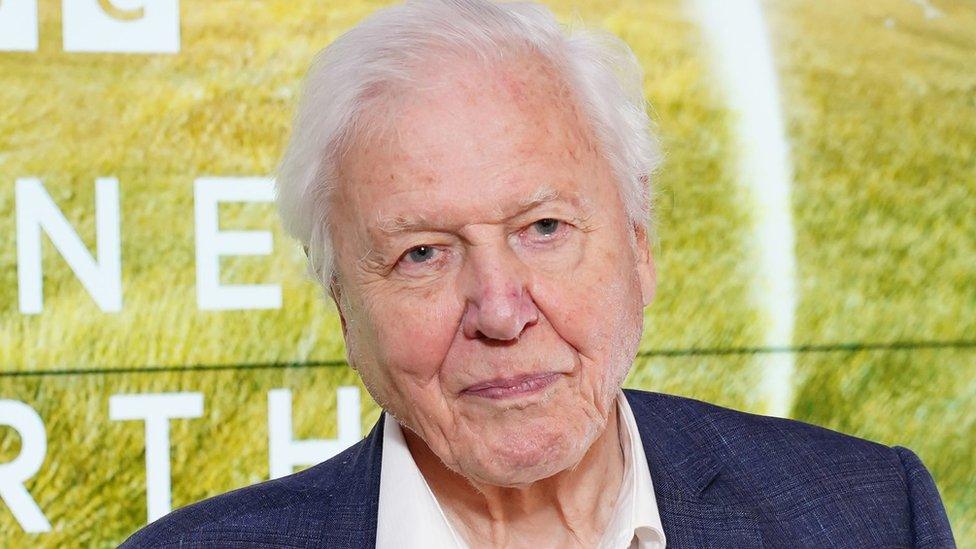
Sir David Attenborough is a veteran British broadcaster, biologist, natural historian and author
Estelle said she was fortunate enough to meet Sir David Attenborough as part of a one-day shoot for the production in July.
"He's just such an incredible person, he's so switched on and also still just so enthusiastic about the natural world and about all the behavioural stories that we were filming.
"I mean, someone like him has seen it all and it was so great to see that he was impressed with our work, so that was a really happy moment for us as a team."
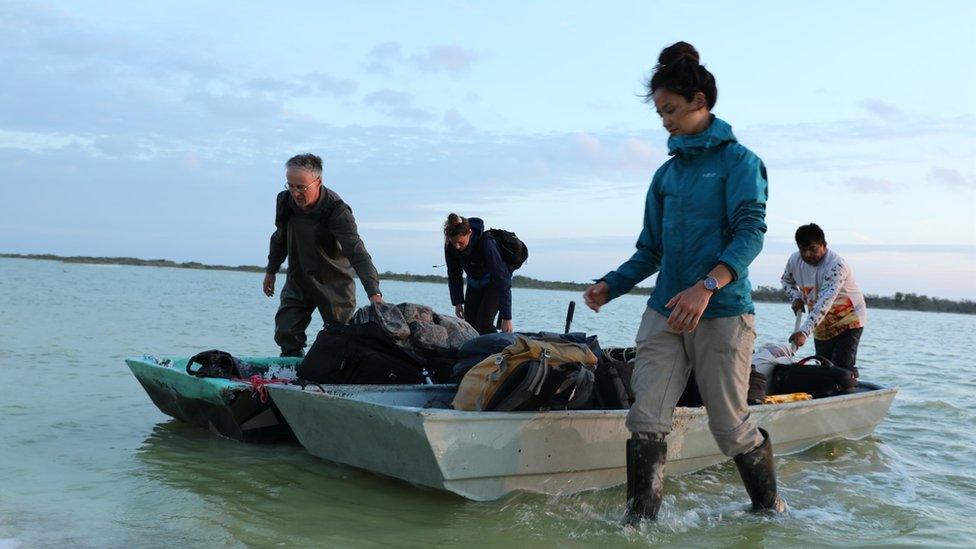
Estelle says a lot of her work is office-based, but she also enjoys getting to travel to many amazing places in her role
Estelle said there is a huge team behind the production of Planet Earth and that so much work went on behind the scenes to showcase these incredible animal's stories.
'Ignited this passion and curiosity'
Estelle said there is a lot of pressure involved in being a part of this huge landmark series, given the phenomenal work previously, but said she considers it a real honour to be a part of its third iteration.
"It's a lot of pressure, but it's good pressure," she said.
"All the other previous series have been so fantastic, but how I look at is you just have to go back to basics and see what all those people and Sir David himself have done before us.
"They have ignited this passion and curiosity in people for the natural world by showing them these incredible natural wildlife behaviours.
"We just have to find the best stories, stories that are emotional, that are funny or shocking and just reflect what is happening in the world today and present that to the audience."
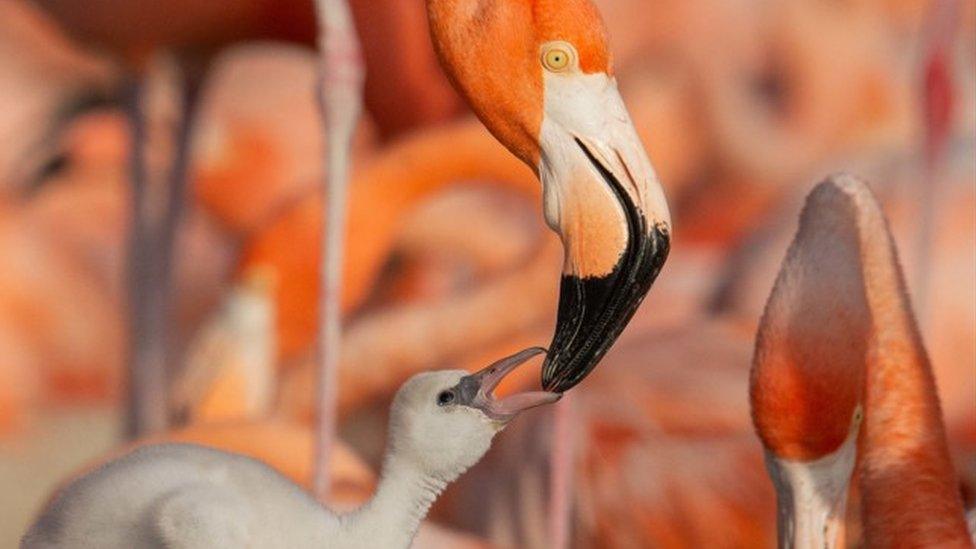
Estelle says watching the flamingo's lives play out while on shoot was like watching a soap opera
The next episode of Planet Earth III, Forests, will be aired on Sunday 19 November at 18:20 GMT on BBC One.
All previous episodes are also available to watch now over on the BBC iPlayer.
- Published16 October 2023
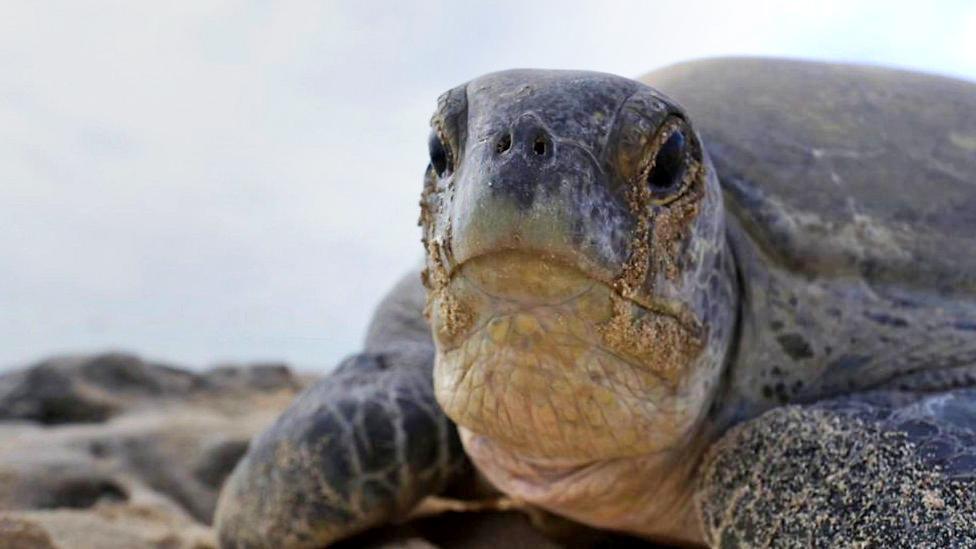
- Published28 September 2023
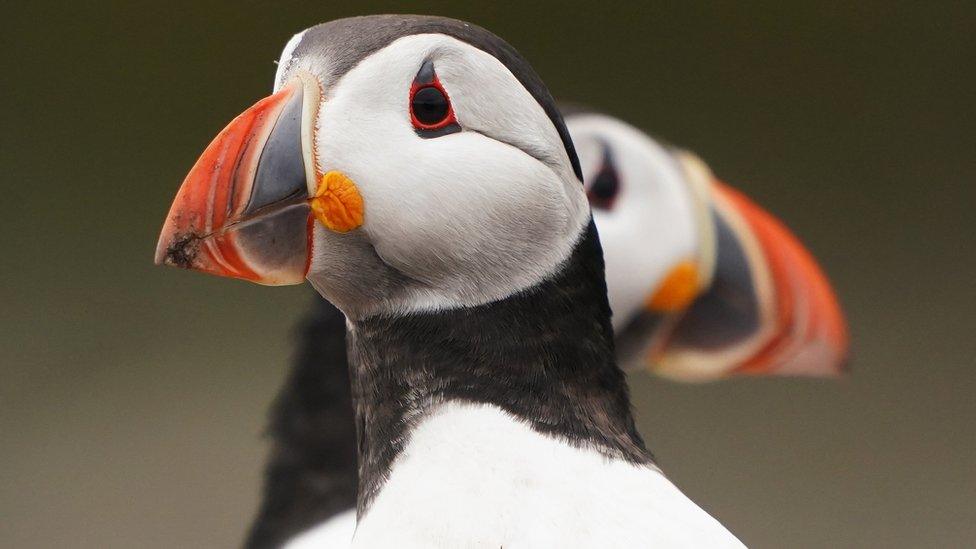
- Published23 October 2023
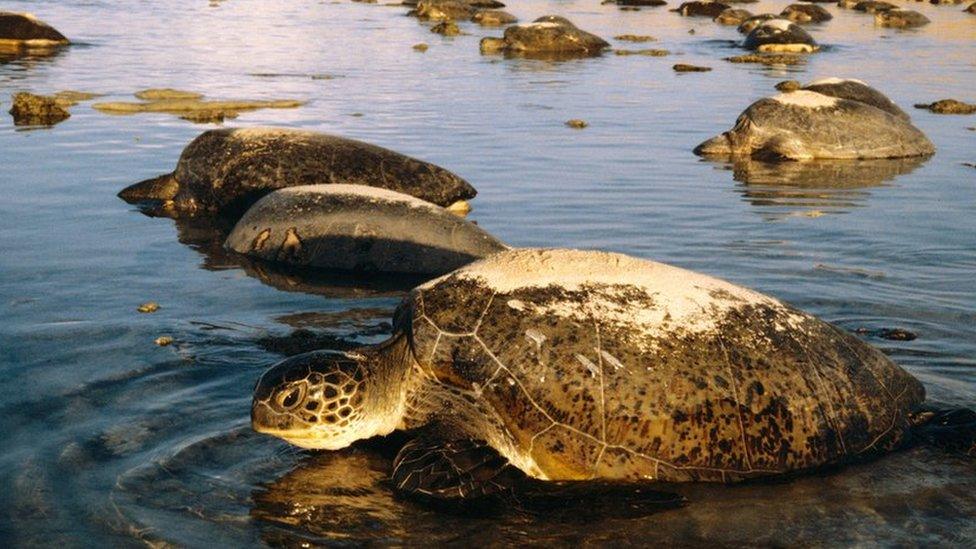
- Published16 November 2023
